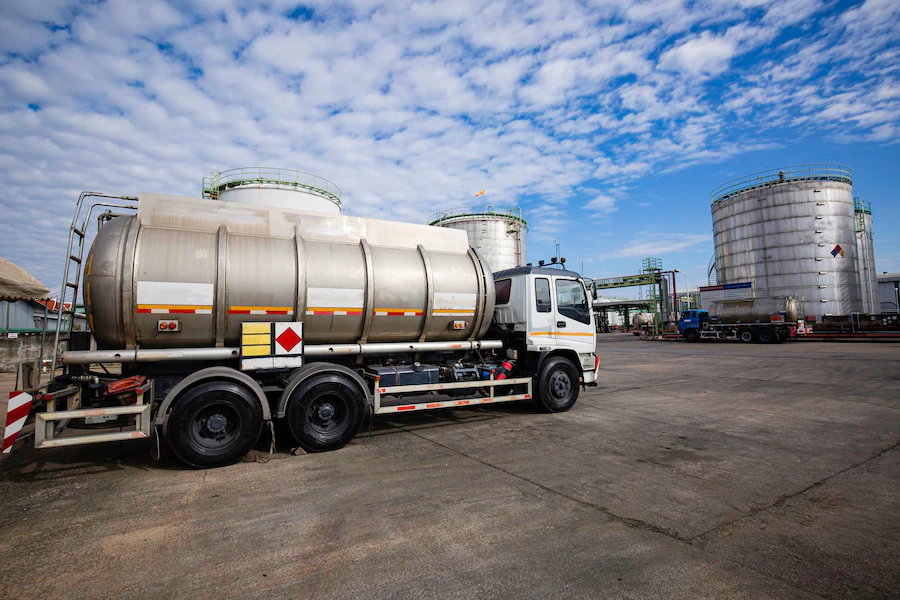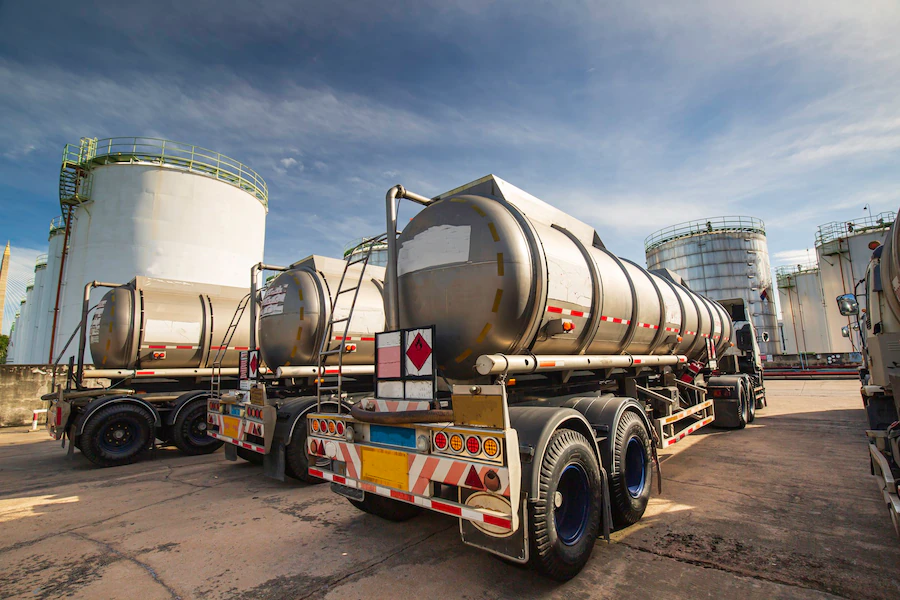Fuel storage tanks play a critical role in ensuring the safe and reliable management of fuel. These tanks are essential for storing large quantities of fuel, providing a steady supply for various industries and applications. However, without proper maintenance and adherence to best practices, fuel storage tanks can pose significant risks such as accidents and environmental hazards. This article aims to explore the importance of regular maintenance, factors to consider when choosing a tank, best practices for fuel management, and strategies to ensure longevity and efficiency in your fuel storage system.
Importance Of Regular Maintenance
Regular maintenance plays a crucial role in ensuring the safe and reliable management of fuel storage tanks. Implementing proactive and cost-effective maintenance practices can bring several benefits to the overall operation. First, regular maintenance helps identify potential issues before they escalate into more significant problems, preventing costly repairs or replacements in the long run. It also ensures that tanks are functioning optimally, reducing the risk of leaks or spills that could compromise safety.
Neglecting maintenance, on the other hand, can have severe consequences. Over time, corrosion and deterioration may occur, leading to structural weaknesses and potential failures. This not only poses a threat to the environment but also increases safety risks for personnel working with these tanks. In conclusion, regular maintenance is essential for maintaining the integrity and reliability of fuel storage tanks while minimizing costs and risks associated with neglecting upkeep.
Factors To Consider When Choosing A Tank
One important consideration when selecting a tank for fuel storage is the capacity required to meet the demand of the intended application. The choice of tank size should be based on careful analysis of the fuel consumption rate and anticipated future needs. Underestimating the required capacity can lead to frequent refilling, which could disrupt operations and increase costs. On the other hand, selecting a tank that is too large may result in excessive initial investment and wasted space. Cost considerations are crucial in determining the optimal tank size.
Another factor to consider when choosing a fuel storage tank is its environmental impact. It is essential to select tanks made from materials that are resistant to corrosion and leakage, as these can cause harm to both human health and natural ecosystems. Additionally, tanks should have proper ventilation systems in place to prevent vapour accumulation and potential explosions. An environmentally friendly option would be tanks designed with secondary containment systems, which provide an additional layer of protection against leaks or spills. Considering these factors will ensure safe and reliable fuel management while minimizing negative environmental consequences.
Read More: 5 Ways To Improve The Fuel Efficiency Of Your Truck
Best Practices For Fuel Management
An essential aspect of effective fuel management involves implementing proper maintenance and inspection protocols to ensure optimal performance and prevent potential issues. Fuel consumption tracking is a crucial practice that allows for accurate monitoring of fuel usage and the identification of any abnormalities or inefficiencies. This data can be used to optimize fuel efficiency, reduce costs, and identify potential leaks or theft.
Additionally, ensuring fuel quality control is imperative to maintain the integrity of the stored fuel. Regular testing should be conducted to check for water contamination, microbial growth, sedimentation, and other impurities that could affect the fuel’s performance. Implementing filtration systems and regular tank cleaning can help mitigate these risks. By adhering to these best practices for fuel management, organizations can improve operational efficiency while promoting safety and reliability in their storage tanks.
Preventing Accidents And Environmental Hazards
To mitigate the risk of accidents and environmental hazards, it is important to implement robust safety protocols and practices. When it comes to preventing spills, one key measure is ensuring that storage tanks are regularly inspected for any signs of corrosion or damage. Additionally, strict guidelines should be in place for the handling and transferring of fuel, including the use of appropriate equipment such as spill containment systems and drip pans.
Emergency response procedures must also be established to effectively address any spills or leaks that may occur. This includes training staff members on proper response techniques, having readily accessible spill response kits on site, and establishing communication protocols with local emergency services. By implementing these measures, fuel storage facilities can significantly reduce the likelihood of accidents and minimize potential environmental impacts.
Ensuring The Longevity And Efficiency Of Your Fuel Storage System
Maximizing the lifespan and effectiveness of a fuel storage system requires implementing comprehensive maintenance procedures and regularly monitoring for any signs of deterioration or inefficiency. Proper fuel storage system maintenance is essential to ensure optimal performance and prevent potential issues that could compromise safety, reliability, and efficiency. This includes regular inspection of tanks, pipelines, valves, and other components for corrosion, leaks, or damage.
Additionally, it is crucial to conduct routine cleaning to remove sediment buildup or contaminants that may affect fuel quality. Implementing preventive measures such as cathodic protection systems can help mitigate corrosion risks. Monitoring fuel levels and conducting periodic testing of stored fuel quality is also vital to ensure efficient operation. By adhering to these maintenance practices, operators can safeguard their fuel storage systems against premature degradation and maintain their efficiency over time.
Additionals:
- Truck Accident Scenarios: Who Is Liable?
- A Set Of The Best Exercises For Truck Drivers
- The Most Common Causes of Truck Accidents
- The Main Reasons Why Cabover Trucks Are Less Common Than Long Hood Rigs
























